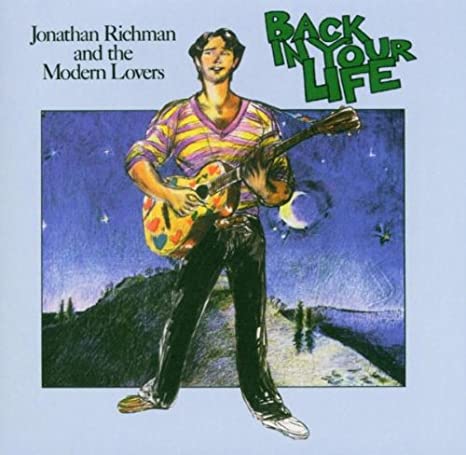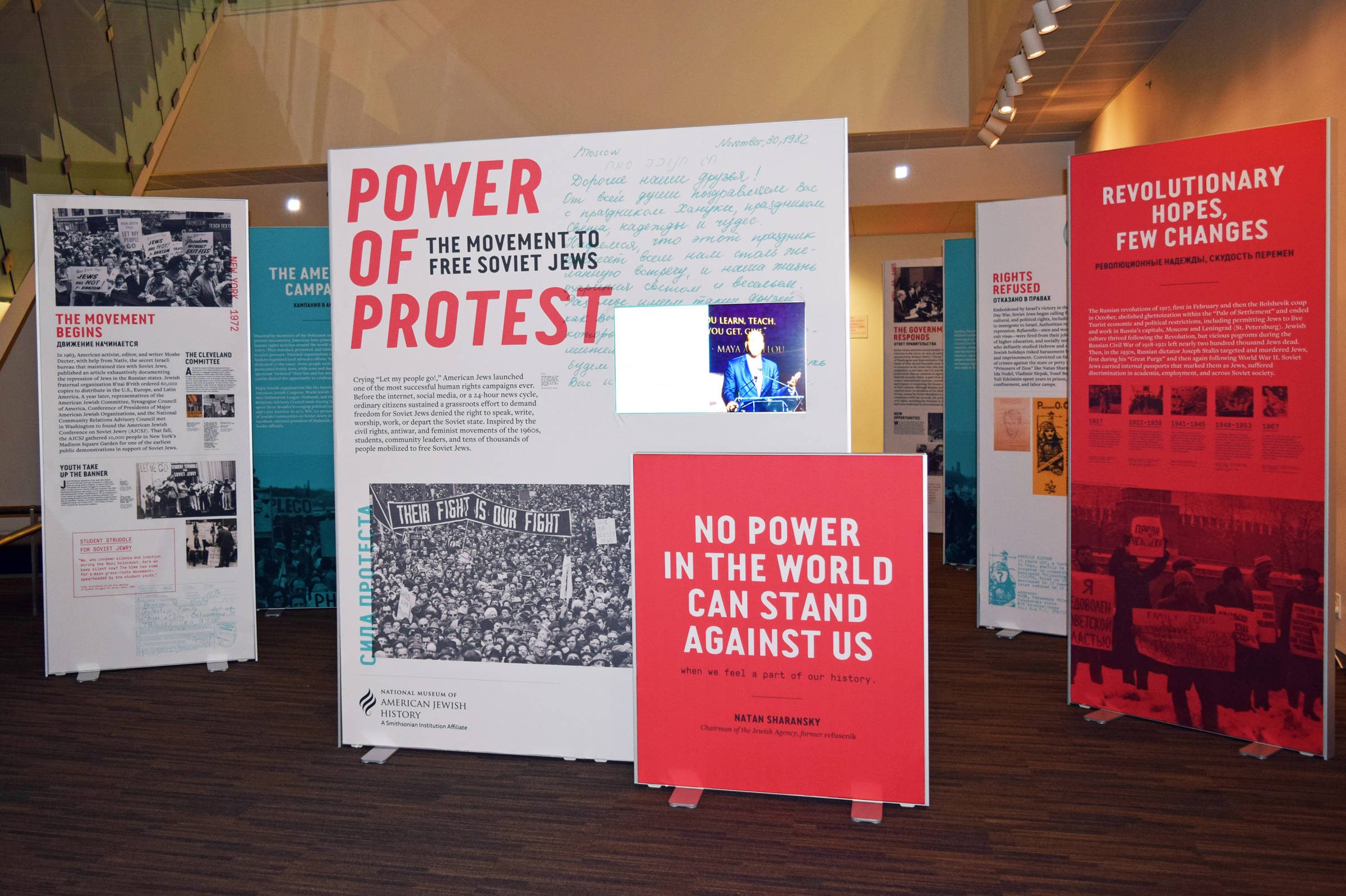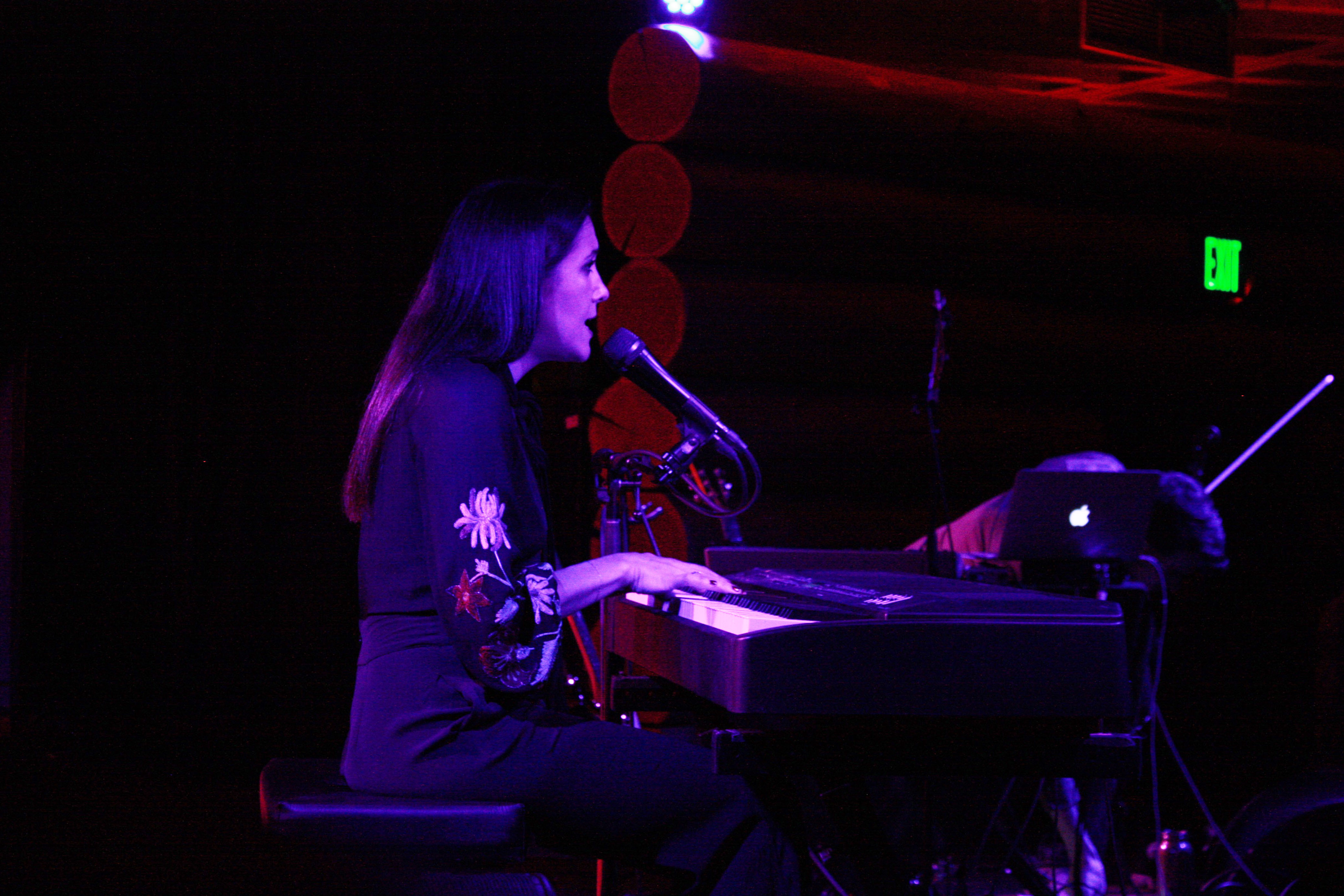Everyone has experienced a song perfectly capturing a mood and sustaining that feeling for its entire length. What’s rarer is an album that can perform the same trick, not only exploring an emotion but maintaining interest and becoming more complex over the course of a series of songs without becoming trite. Even rarer than that is shaping a musical career around a feeling, an energy as an artist that carries through every melody and note in an entire discography. But that’s just what Jonathan Richman has done with his life.
Jonathan Richman got his start as the lead singer of the Modern Lovers, an influential proto-punk band with members who would go on to join Cars and the Talking Heads. Richman headed the group and wrote most of the lyrics on their first and only album, self-titled. The album features the breakout hit “Roadrunner” which became the most recognizable song from the group, making it onto Rolling Stone’s “500 Greatest Songs of All Time” list. The group disbanded in 1974, two years before their debut album was officially released.
Although a collaborative effort and not truly representative of Richman’s later work, the album bears early signs of Richman’s trademark qualities. His quavering voice begins to take shape on tracks like “Hospital” and “Astral Plane,” both of which he’d later re-record. His goofy, innocent lyricism is perhaps most evident on the single “Pablo Picasso,” featuring near-nonsensical lines like “Well he was only 5’3″ / But girls could not resist his stare / Pablo Picasso never got called an asshole.”
The Modern Lovers’ slightly grungy, Velvet Underground-inspired sound quickly began to rub Richman the wrong way, and the rest of his career is marked by a significantly softer acoustic style. By 1979, five years after the dissolution of Modern Lovers, Richman had fully developed his sound. He released Back in Your Life, an album that eschewed any early punk elements in exchange for pure, childlike wonder and enthusiasm that remained for the rest of Richman’s solo career. Released under the name “Jonathan Richman and the Modern Lovers,” the album features Richman and a totally different, only partially present backing band.
Back in Your Life is Jonathan Richman at peak performance. It’s not quite folk, but it’s not quite children’s music either, although it’s easy to forget that on tracks like “I’m Nature’s Mosquito,” which prominently features kazoo and the lyric “and that means I better go bite-bite-bitie-witie-wite-sir.” It’s on this album that Richman is able to stretch the boundaries of genre and land in a unique, uncategorizable space of his own, marked by sincerity and a joy for life that’s absent from his early punk-rock roots.
“People think that what I do can’t be done because it’s too simple,” Richman said to art critic Kristine McKenna in 1980, according to Pitchfork. “But if people can see that I’m not afraid to entertain them just by being myself…then that’s my mission.” It’s this simplicity that makes Richman such an effective agent of that mission. Every note, every word rings with that simplicity, and therefore with that mission. It’s evident on Back in Your Life and later in Richman’s career on tracks such as “I Was Dancing in the Lesbian Bar,” a 1992 song demonstrative of Richman’s ability to fit in in any setting through attitude and charm. The joking, rhyming lyrics are thrilling and engaging, without a trace of sarcasm or self-doubt.
The titular single of the album, “Back in Your Life,” is a warm and cozy plea to a lover to take Richman back. In his signature quavering, meandering voice Richman sings silly rhymes such as “I will wait a long time, if that’s what it takes / But someday I wanna help your mamma when she brings out the pancakes / I wanna be back in your life.” Richman isn’t afraid to make a fool of himself at the expense of love, dishing out enough charm to counterbalance the absurdity of his lyrics. This is evident on songs about others, such as “Abdul and Cleopatra” where Richman rhymes “Cleopatra” with “wonders where she’s at-ra” without missing a beat.
Richman’s charm lies in his ability to be true to himself at the expense of dignity and decent rhyme structure. He’s willing to drop the electric guitar and throbbing bass and bare his soul over a simple three-chord structure, and he doesn’t if that doesn’t lead to immediate gratification. It’s this charm that makes Richman a constant companion, even though Back in Your Life is over 40 years old.






